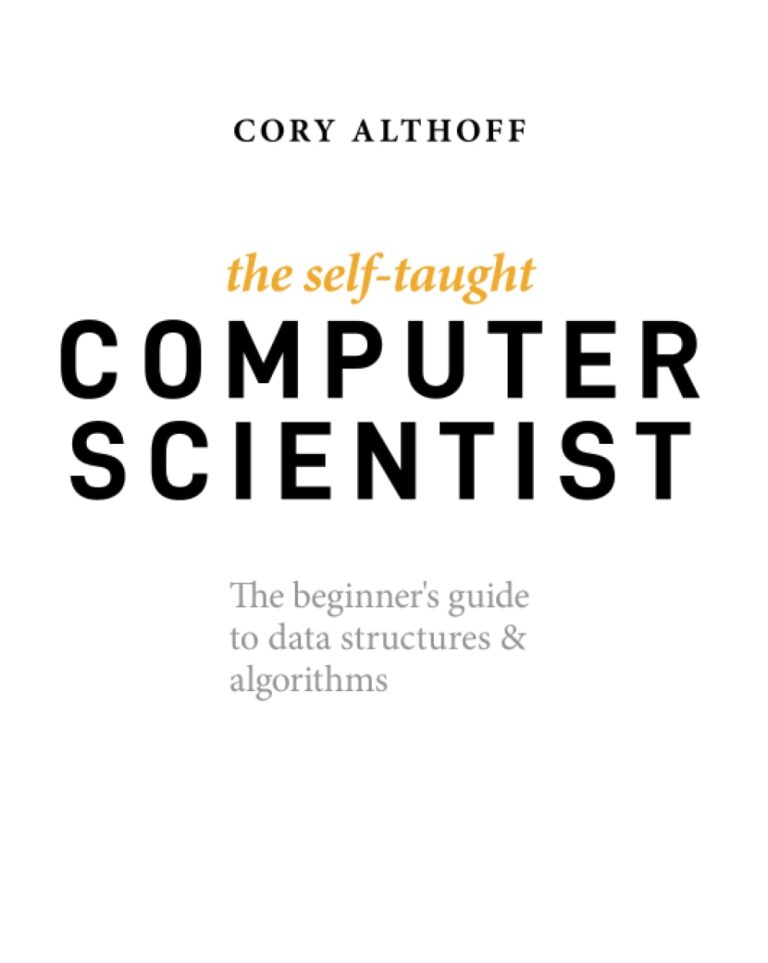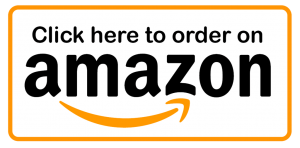Price: $32.00 - $19.49
(as of Dec 18, 2024 23:37:48 UTC – Details)
The follow-up to Cory Althoff’s bestselling The Self-Taught Programmer, which inspired hundreds of thousands of professionals to learn to program outside of school!
Fresh out of college and with just a year of self-study behind him, Cory Althoff was offered a dream first job as a software engineer for a well-known tech company, but he quickly found himself overwhelmed by the amount of things he needed to know, but hadn’t learned yet. This experience combined with his personal journey learning to program inspired his widely praised guide, The Self-Taught Programmer. Now Cory’s back with another guide for the self-taught community of learners focusing on the foundations of computer science.
The Self-Taught Computer Scientist introduces beginner and self-taught programmers to computer science fundamentals that are essential for success in programming and software engineering fields. Computer science is a massive subject that could cover an entire lifetime of learning. This book does not aim to cover everything you would learn about if you went to school to get a computer science degree. Instead, Cory’s goal is to give you an introduction to some of the most important concepts in computer science that apply to a programming career. With a focus on data structures and algorithms, The Self-Taught Computer Scientist helps you fill gaps in your knowledge, prepare for a technical interview, feel knowledgeable and confident on the job, and ultimately, become a better programmer.
Learn different algorithms including linear and binary search and test your knowledge with feedback loopsUnderstand what a data structure is and study arrays, linked lists, stacks, queues, hash tables, binary trees, binary heaps, and graphsPrepare for technical interviews and feel comfortable working with more experienced colleaguesDiscover additional resources and tools to expand your skillset and continue your learning journey
It’s as simple as this: You have to study computer science if you want to become a successful programmer, and if you don’t understand computer science, you won’t get hired. Ready for a career in programming, coding, or software engineering and willing to embrace an “always be learning” mindset? The Self-Taught Computer Scientist is for you.
From the Publisher


Cory Althoff’s Four Tips for Preparing for a Technical Interview
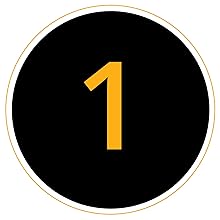

Give It Time
There is no steadfast rule, but I recommend that you give yourself at least two to three months to prepare. It also depends on how competitive the companies you are applying to are. If you’re applying to one of the FAANG companies (Facebook, Amazon, Apple, Netflix, or Google), it is not unheard of for hopeful engineers to spend six months or more preparing for their technical assessments.
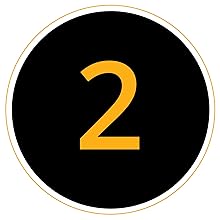

Be Dedicated
I recommend dedicating at least a few hours a day to solving problems on LeetCode, one of my favorite resources for preparing for technical interviews. It has hundreds of data structure and algorithm practice problems as well as solutions.
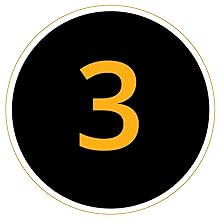

Get Competitive
One of the hardest parts about technical interviews is the unnatural environment they take place in. Usually, when you are programming, you don’t have someone standing over your shoulder evaluating you. Programmers are also not used to solving problems in short time periods. Competitive programming is the best solution I’ve found to prepare for coding in this type of environment. Try a website like Codeforces when you are ready to compete against other programmers to solve computer science problems.
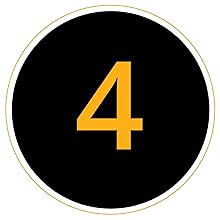

Try It Out
Once you’ve used competitive programming to get used to solving challenging technical problems quickly, you should try a few mock interviews with a software engineer. If you can’t find a friend to help, you can try hiring a software engineer on a freelance platform like Upwork or Codementor.


Publisher : Wiley; 1st edition (October 19, 2021)
Language : English
Paperback : 224 pages
ISBN-10 : 1119724414
ISBN-13 : 978-1119724414
Item Weight : 2.31 pounds
Dimensions : 7.3 x 0.6 x 9.2 inches

